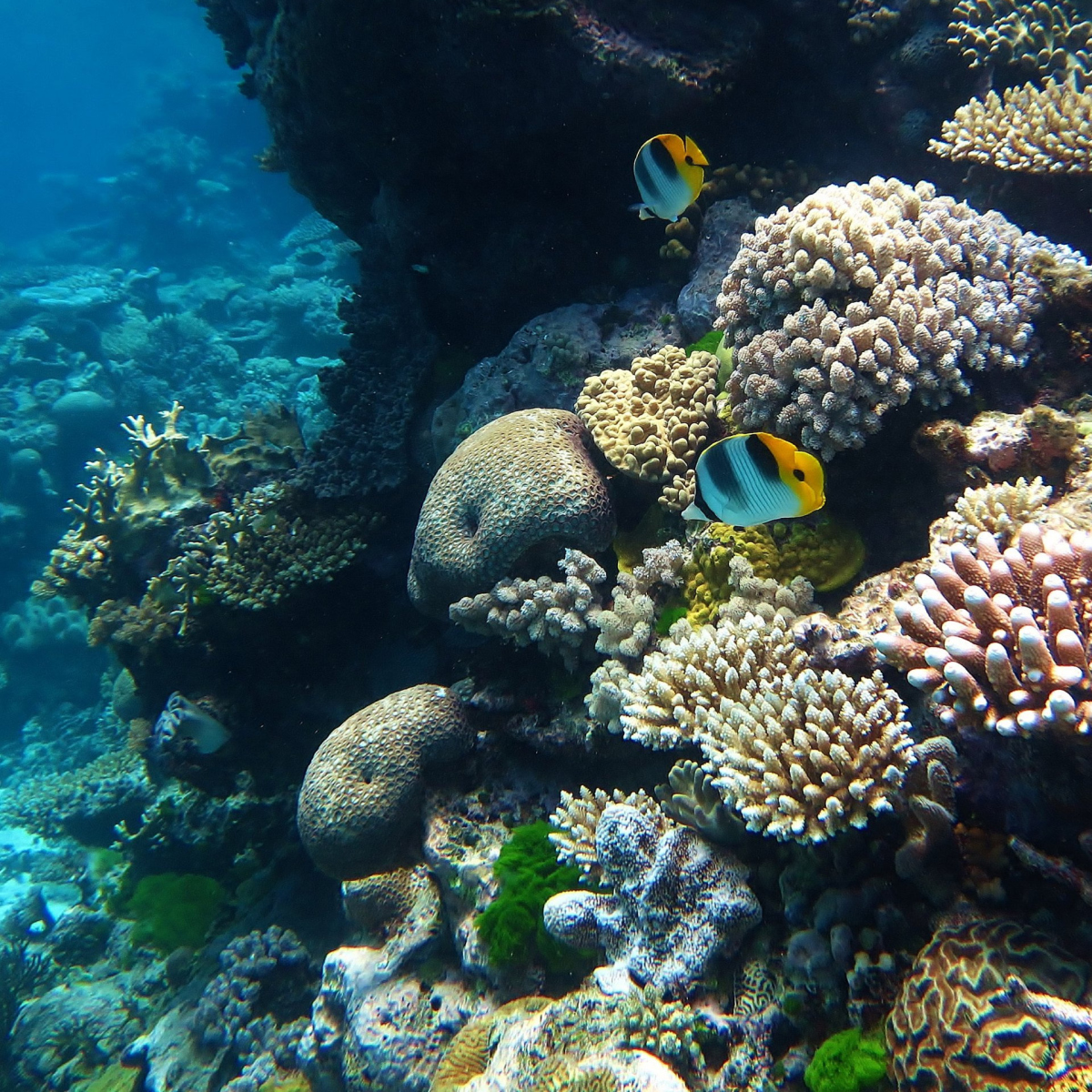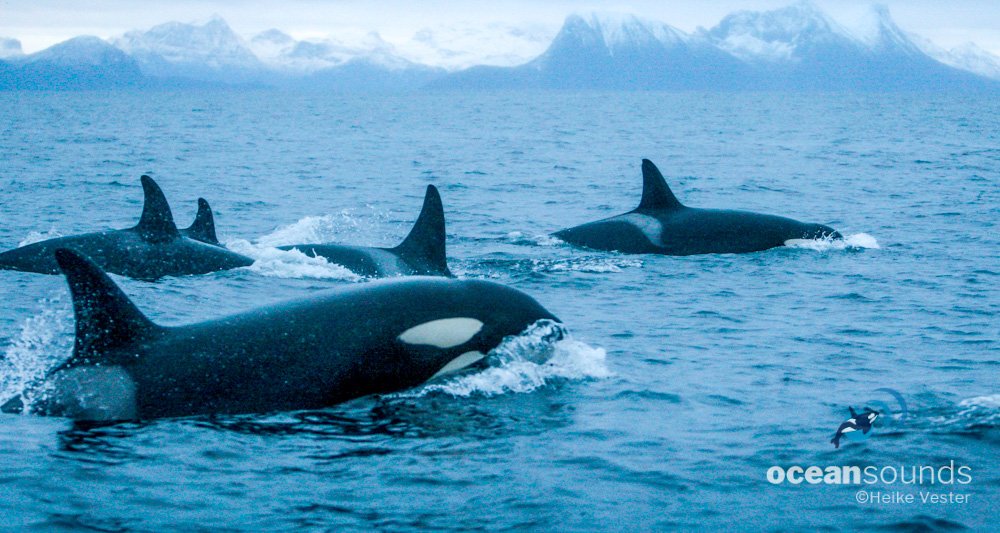
What is at issue:
Whales play an essential role in the conservation of the marine ecosystem. When we protect whales, we also protect the ocean and thus our own survival. Whales act as a food pump for plankton by transporting nutrients from the deep to the surface and thus fertilizing plankton. Phytoplankton binds CO2 and produces oxygen and whales support half of the total oxygen production on earth.
For whales and dolphins, sound is the most important sensory information under water. It enables them to “see” underwater via echolocation and it is only through their complex communication that whales and dolphins can live together in such complex societies. Large whales communicate with each other over thousands of kilometers.
One of our main missions is to educate students outside the university curriculum so that we can expand knowledge, practical application and solutions to problems. In addition to practical field work, the center in the port of Bodø, Norway, provides basic equipment for this task.
What's happening now:
PilotPilotWhale is a pilot study aimed at collecting crucial data on pilot whale populations in Vestfjord, Norway. This research will focus on two key aspects: blow sampling to examine health indicators and acoustic measurements to understand whale behavior and communication. T
he results of this pilot study will provide a strong foundation for a grant application in 2026, where Ocean Sounds plans to propose a full-scale research project that will advance our understanding of pilot whale health, behavior, and their role in the ecosystem. This project will leverage innovative methods and contribute to long-term conservation efforts for marine mammal species in northern Norway.
What we have achieved:
Our main task is excursions by boat in the Vestfjord. From April to October we carry out our research there as well as between the islands and on the Lofoten Islands. Since 2005 we have been collecting data on the occurrence of whale and dolphin species, creating a photo-ID database to identify the animals and researching their acoustics and communication. So far we have rented a small boat for this purpose, but due to the challenging weather conditions we would have to use much more seaworthy vehicles, the financing of which is still problematic.
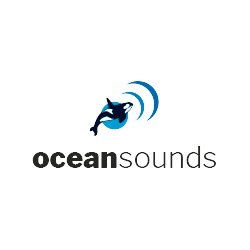
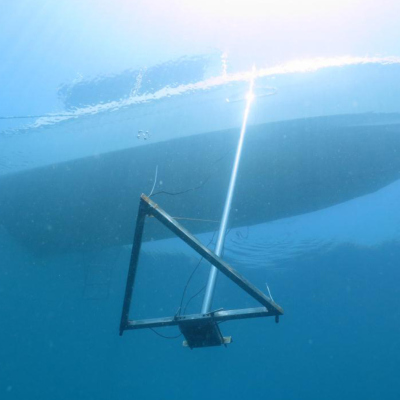)
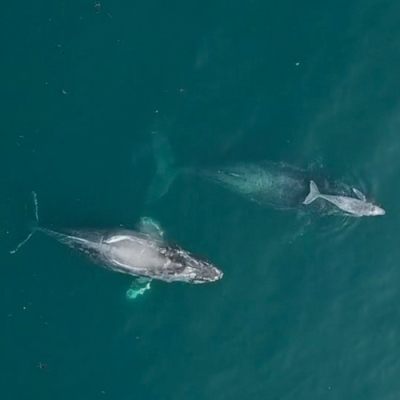)
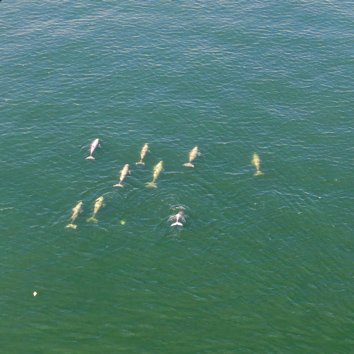)
